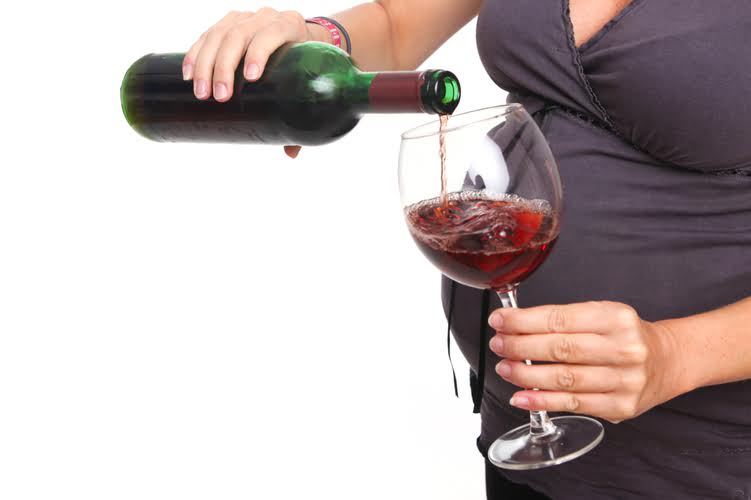A healthy amount of serotonin means our reactions to perceived threats will likely be logical – like our tension when a car cuts us off on the freeway. When there isn’t enough serotonin, the limbic system begins to perceive threats where there may not be any. And because alcohol directly impacts serotonin levels, excess drinking means our limbic response isn’t reliable. This is one reason why people are quick to anger when they’re drinking – they are perceiving more threats than they would with no alcohol in their system.
- Further, anger may exacerbate the alcohol – aggression relationship.
- When combined with other evidence-based therapies, such as cognitive behavioral therapy (CBT), MAT can help prevent relapse and increase your chance of recovery.
- There’s a difference in safety between someone who is expressing anger verbally and one who has become physically aggressive.
- The most common signs and symptoms are stuffy nose and skin flushing.
- Studies have shown that serotonin levels may begin decreasing within 30 minutes of that first drink (4).
This type of therapy focuses on learning how a person’s anger and alcoholism started and reprograms the brain so it no longer thinks that it needs alcohol to deal with anger and other emotions. It also teaches the person more healthy ways to deal with their anger moving forward such as exercise, journaling, and other https://ecosoberhouse.com/ ways that we discussed earlier. The stress-reducing effects of alcohol often make people believe there are no real consequences for their actions, which leads to confrontations, fights, or displays of aggression. This is called alcohol myopia, and it’s another reason why people are quick to anger when they drink.
The Truth Behind Alcohol and Anger
In this context, alcohol is said to be the credible factor leading to emotional loss and instability and eventually leading to expressive-based murders. A national study of 16,698 inmates found that alcohol had a stronger role in violent offending such as homicide, physical alcoholism anger assaults, and sexual assaults compared to offenses such as burglary and robbery. In this study, the majority of the respondents claimed to have been under the influence/intoxication of substance(s) such as alcohol during the commission of murder (Felson and Staff, 2010).

Section 1.1 outlined a number of direct and indirect mechanisms that describe how anger and related emotions may be related to alcohol consumption and relapse after alcohol dependence treatment. Initial support for alcohol-adapted anger management treatment suggests that clinicians and researchers may have an additional intervention to address anger-alcohol associations. Clinically, not all alcohol-involved clients accept the philosophies and approaches of AA and other mutual-help groups. AM may be a particularly relevant tool for such anger- and alcohol-involved clients.
Step 1: Honor your anger by naming it
Alcohol consumption may also lead to a rage response because of expectations, according to researchers (1). For example, if a person goes into a drinking experience with the expectation of alcohol helping them pick a fight with a partner later, that’s then likely to happen. Additionally, more than three-quarters of study participants with the gene had mood disorders, personality disorders, and mood swings (10). They found that people with HTR2B Q20 tended to be more impulsive and aggressive under the influence of alcohol. They were more likely than those without the variation to have a history of outbursts and fights while drinking, as well as to have been arrested for driving under the influence.
By not seeing situations clearly, you endanger yourself or others. When someone battles AUD, they are also less likely to consistently take care of regular obligations, which can impact interpersonal relationships and their home environment. These issues can then lead to more anger and further difficulty controlling emotions and outbursts. The World Health Organization (WHO) warns that alcohol interferes with a person’s cognitive and physical functioning, inhibiting self-control and making it more difficult for a person to recognize when things have gone too far. It can be harder for someone under the influence of alcohol to notice typical warning signs that emotions, especially anger, may be getting out of control. These medicines can help reduce the negative side effects of detoxification and withdrawal.
Why Are Most Alcoholics So Angry?
However, before diving deeper into understanding these reasonings, there are a few things you should know. An addiction is a disease, and alcoholics can’t drink for fun without going overboard. If you recognize your own behavior in the description of intermittent explosive disorder, talk with your doctor or other health care professional about treatment options.

